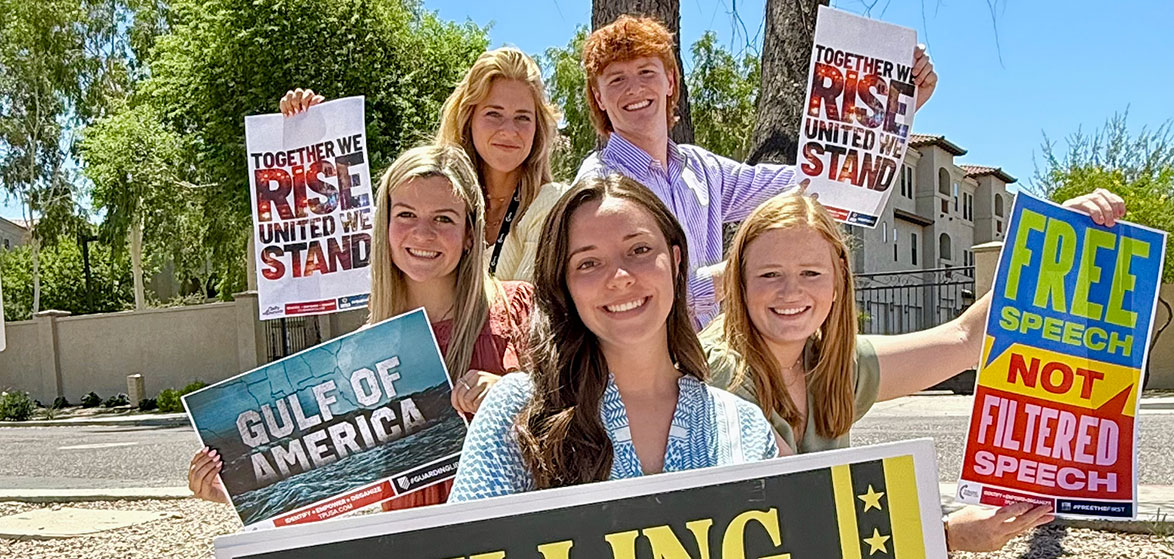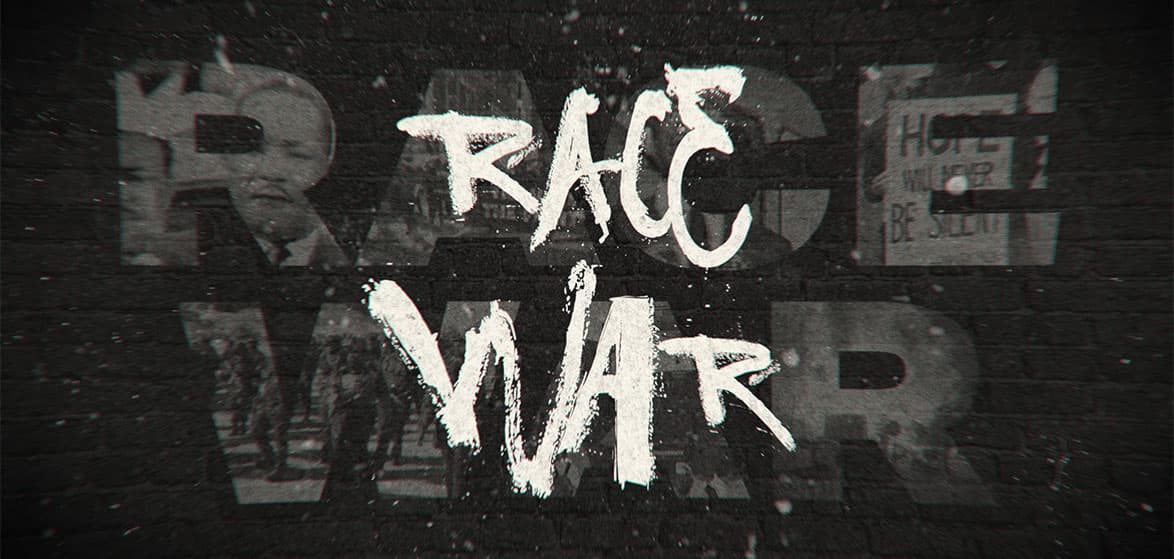
Wednesday, officials for the Dutch city of Haarlem announced that the town will ban all advertisements promoting meat, because of the alleged negative affects meat has on climate change.
“Some 95 per cent of Dutch people eat meat, including 20 per cent every day, according to the Dutch central statistics office.”
Daily Mail
The Netherlands have become increasingly hostile towards fossil fuels, as well as emissions from farming over the past year, leading to the recent uprising of Dutch farmers. Farmers were told to implement an approximately 30% reduction in emissions by 2030, which would effectively be the nail in the coffin for multiple family-farms that have been in service for decades. Farmers responded by taking tractors to the streets in protest, sometimes creating roadblocks, and gridlocking the market. Additionally, bails of hay were set ablaze on roadsides, and some farmers even began pouring manure on government buildings.
“The Dutch government wants to reduce the country’s herd of four million cows by nearly a third, and possibly shut some farms, in an attempt to meet emissions targets, seemingly without considering the impact such a move could have on the nation’s agriculture and food sector.“
Daily Mail
The protests were so significant that the Dutch Minister of Agriculture has officially resigned, stating he wasn’t the right person for the job, according to a report from AP News.
The Dutch government has happily linked arms with the World Economic Forum (W.E.F.), and pushed the Great Reset ideology — which is where all of these insane ideas, such as banning meat advertisements while promoting bug-eating, comes from. The W.E.F. encourages countries to move towards net-zero emission societies, by any means possible. If it increases gas and oil costs? So be it. If the increased price of fuel causes the price of products and goods to go up? That is fine as well. If the supply chain begins to see delays due to shipping costs, which hurts businesses, even forcing some to close down because of the high prices, this is also seen as simply a means to an end.
This could not be more true than in the Netherlands, which has been praised multiple times by the W.E.F. for it’s commitment to net-zero, by any means necessary. As expected with their “climate change” policies, many store owners are now reporting impending closures if energy prices do not cool off soon.
Even Canada recently looked to implement similar policies pertaining to agriculture emissions, targeting fertilizers specifically. These policies seem to not take into account the necessity for fertilizers, or the fact that banning them would create not only a possibly food shortage, but would also increase the price of food significantly.














